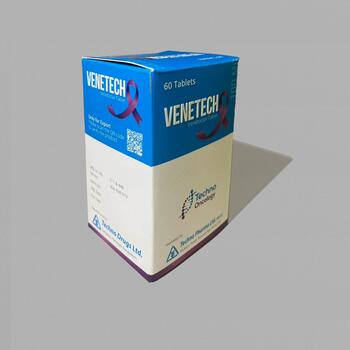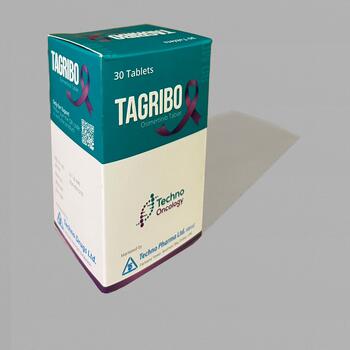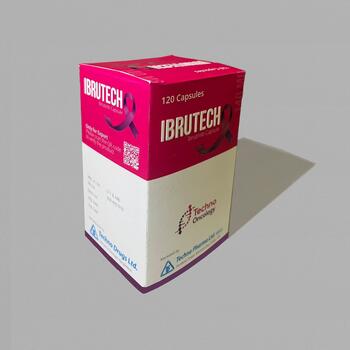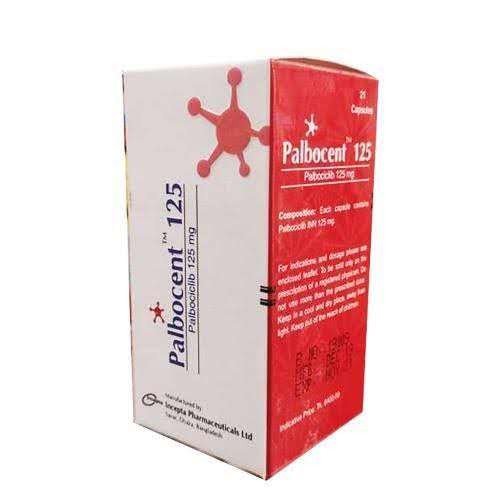伊鲁替尼(Ibrutinib)120mg
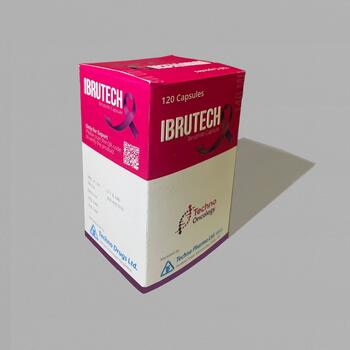
1. Drug Ingredients
The active ingredient in Ibrutinib is Ibrutinib itself, chemically known as: 1-[(3R)-3-[4-amino-3-(4-phenoxyphenyl)]-1-piperidyl]prop-2-en-1-one. It is an orally absorbed BTK inhibitor that specifically targets a key protein in the cancer cell signaling pathway, inhibiting cancer cell proliferation and growth.
2. Pharmacodynamics
Ibrutinib inhibits the activity of BTK, blocking the B-cell receptor signaling pathway and interfering with the survival and proliferation of B cells. B cells are abnormally active in certain types of hematological cancers, and BTK plays a key role in this signaling pathway. By inhibiting BTK, Ibrutinib effectively reduces cancer cell growth and leads them towards apoptosis.
3. Usage Instructions
- Formulation: Ibrutinib is typically provided to patients in capsule or tablet form for oral use.
- Dosage: Taken once daily, usually with water, and can be consumed regardless of mealtime.
- Dose: The usual dose is a 140 mg capsule taken several times, depending on the type of disease and patient response. The typical dose for treating chronic lymphocytic leukemia (CLL) is 420 mg/day, while the dose for treating Waldenström's macroglobulinemia is 560 mg/day.
- Duration: Patients should take Ibrutinib long-term as prescribed by their doctor, until the condition stabilizes or intolerable side effects occur.
4. Development History
- Ibrutinib was co-developed by Pharmacyclics and Janssen Biotech, a subsidiary of Johnson & Johnson. It was first approved by the FDA in 2013 for the treatment of chronic lymphocytic leukemia (CLL).
- Since then, its indications have expanded to include various hematological cancers, such as mantle cell lymphoma (MCL) and small lymphocytic lymphoma (SLL).
- The drug's development is based on extensive research into the B-cell signaling pathway, particularly the role of BTK in hematological malignancies. By blocking BTK, Ibrutinib has significantly changed the treatment landscape for these diseases.
5. Mechanism of Action
Ibrutinib works by irreversibly inhibiting BTK, which is a crucial component of the B-cell receptor signaling pathway involved in cancer cell survival, proliferation, and migration. In B-cell malignancies, BTK is often overactive, promoting rapid cancer cell growth and drug resistance. By inhibiting BTK’s enzyme activity, Ibrutinib disrupts the signal transmission in these cancer cells, leading to their death or inability to continue proliferating.
6. Drug Summary
Ibrutinib, as an innovative targeted therapy, offers a new treatment option for blood malignancies such as chronic lymphocytic leukemia and mantle cell lymphoma. Compared to traditional chemotherapy, it has lower toxicity, greater specificity, and can be used across diverse patient groups. Clinical studies show that Ibrutinib can effectively extend patients' progression-free survival (PFS) and overall survival (OS).



